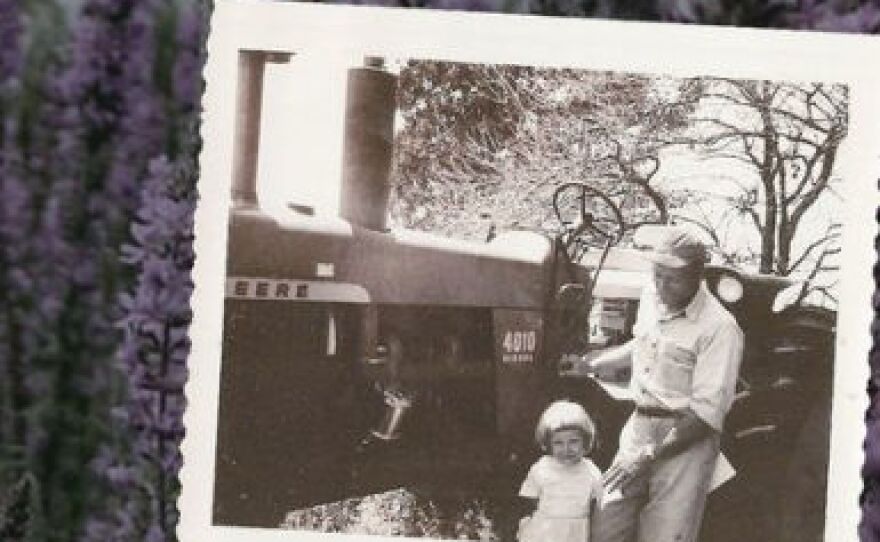This episode first aired in August 2013.
Thomas Jefferson called farmers “the chosen people of God” and claimed that they were inherently virtuous, the best citizens for the new republic.
Evelyn Funda, author of “Weeds: A Farm Daughter’s Lament,” says that “the American imagination has endowed farming with profound and enduring symbolic significance. ... no other occupation — with perhaps the exception of motherhood — so fully spans the imaginative range of human experience or is so profoundly invested with symbolic significance in our culture, even by those who have never worked or lived on a farm.”
In Jefferson’s day, 90% of the population worked on family farms. Today, in a world dominated by agribusiness, less than 1% of Americans claim farm-related occupations. What was lost along the way is something that Funda experienced firsthand when, in 2001, her parents sold the last parcel of the farm they had worked since they married in 1957.
Against that landscape of loss, Funda explores her family’s three-generation farming experience in southern Idaho, where her Czech immigrant family spent their lives turning a patch of sagebrush into crop land. The story of Funda’s family unfolds within the larger context of America’s rich immigrant history, western culture, and farming as a science and an art.
Part cultural history, part memoir, and part elegy, “Weeds” reminds us that in losing our attachment to the land we also lose some of our humanity and something at the very heart of our identity as a nation.




